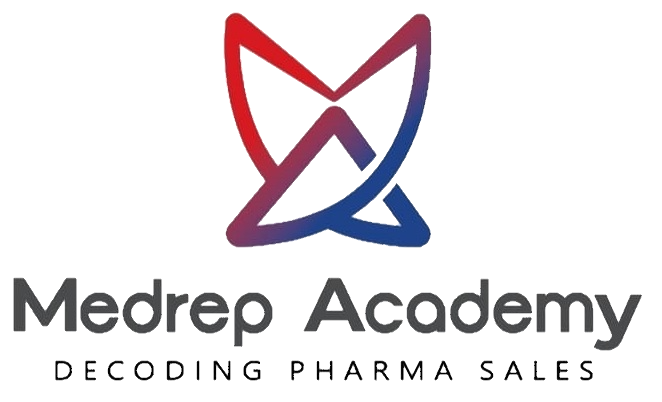Introduction
In the dynamic landscape of pharmaceuticals, effective selling plays a pivotal role in bridging the gap between cutting-edge medical innovations and healthcare professionals. The art of pharmaceutical selling involves a delicate balance of scientific knowledge, interpersonal skills, and strategic thinking. In this blog post, we delve into the intricacies of pharma selling, exploring its key components and strategies that contribute to success in this field.
Understanding Pharma Selling
Pharmaceutical selling revolves around the promotion and distribution of pharmaceutical products to healthcare providers, including doctors, nurses, and pharmacists. Unlike traditional sales, pharma selling requires an in-depth understanding of medical science, as well as the ability to communicate complex information in a clear and compelling manner.
Key Components of Successful Pharma Selling
- Product Knowledge: Pharma sales professionals must possess a comprehensive understanding of the pharmaceutical products they represent. This includes knowing the mechanisms of action, indications, contraindications, potential side effects, and any relevant clinical data.
- Building Relationships: Establishing strong relationships with healthcare professionals is a cornerstone of effective pharma selling. By demonstrating trustworthiness, professionalism, and genuine interest in patient care, sales reps can foster lasting connections.
- Effective Communication: Clear and concise communication is essential. Sales reps should be able to translate complex medical information into accessible language, tailoring their message to the specific needs and interests of each healthcare professional.
- Problem Solving: Pharma sales professionals often act as consultants, addressing healthcare providers’ challenges and suggesting solutions. This could involve recommending appropriate medications or therapies for specific patient cases.
- Adapting to Change: The pharmaceutical industry is constantly evolving, with new products, regulations, and research emerging regularly. Successful sales reps stay updated with the latest developments to provide accurate and timely information.
Strategies for Effective Pharma Selling
- Targeted Approach: Tailor your sales pitch to the needs and preferences of each healthcare professional. Research their practice areas, patient demographics, and treatment preferences to offer relevant solutions.
- Data-Driven Insights: Utilize data analytics to identify trends and preferences in prescribing habits. This information can guide your interactions and help you provide valuable insights to healthcare providers.
- Educational Initiatives: Organize workshops, seminars, or webinars to educate healthcare professionals about the latest advancements in pharmaceuticals. This positions you as a valuable source of knowledge and builds credibility.
- Ethical Conduct: Adhere to ethical guidelines and industry regulations. Transparency and honesty in your interactions contribute to building trust with healthcare professionals.
- Continuous Learning: Invest in ongoing education to stay updated with medical advancements, sales techniques, and communication strategies. This commitment to learning enhances your credibility and effectiveness.
Conclusion
Pharma selling combines the realms of science and communication, demanding a blend of knowledge, interpersonal skills, and strategic acumen. By mastering the art of pharmaceutical selling, professionals can forge meaningful relationships with healthcare providers, promote the benefits of innovative medical products, and ultimately contribute to advancing patient care. Embracing targeted strategies, staying informed, and fostering ethical conduct are the stepping stones to success in this vital field of pharmaceuticals.
